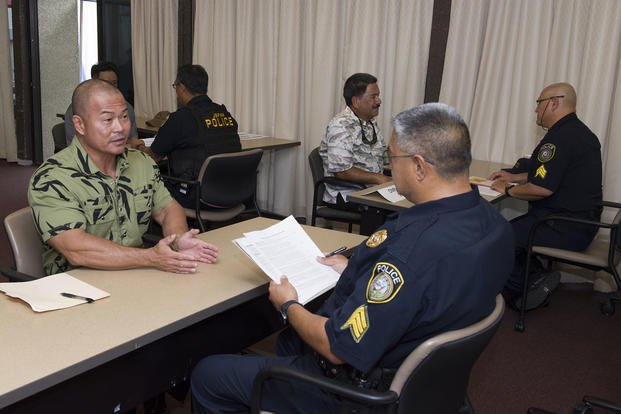“Do you have any questions?”
When this question is asked in the interview, surprisingly, the most common answer is: “No.”
Not only is this the wrong answer, you have missed an opportunity to find out information about the company. It is important for you to ask questions; not just any questions, but questions relating to the job, the company and the industry.
Example: Two candidates are interviewing for the same job. They are both asked the same question: “Do you have any questions?”
Henry asks, “I was wondering about benefits and when they would become effective? Also, what is the yearly vacation allowance? And does the company match on the 401(k) plan?”
These are not the best questions to ask at this time. Assuming that this is the first interview, it is premature to ask about benefits. This is a “What’s in it for me?” question and could be interpreted as self-centered and lacking interest in the job itself.
The next candidate, Chris, says, “No, I think you just about covered everything that I wanted to know. I’m sure I’ll have more questions if I get the job.”
This is a very passive response, which doesn’t demonstrate interest or imagination. Once you get the job, if you get the job, it may be too late to ask questions.
It is important for you to ask questions to find out about the challenges of the job and the company. In some cases, the interviewer will be listening to hear the types of questions you ask.
The best questions will come as a result of your listening to what is asked during the interview. A good answer would be:
“Yes, I do have some questions. From what you’ve been asking me during the interview, it sounds like you have a problem with customer retention. Can you tell me a little more about the current situation, and what the first challenges would be for the new person?”
This answer shows interest in the problem presented in this position -- and how you could be the possible solution. It is also an opportunity to get a sense of what will be expected.
By preparing ahead of time, you can think about what information you need to know before you consider working for this company.
You will have to use your judgment about the number of questions you ask, or when to ask them. Think of this as a conversation. There will be an appropriate time to ask certain types of questions, like those about benefits and vacation. To be on the safe side, it is best to concentrate on questions about the responsibilities of the job and your fit for the position, until you get the actual offer.
Appropriate questions to ask depending on the timing and the person interviewing you:
About the industry:
- What do you consider to be this industry’s biggest challenge now and in the future?
- Where do you see this company advancing in the next 3-5 years?
- What do you see as the new trends in this industry? How will these trends affect the industry?
About the company:
- Why would someone want to come to work for this company? (Could be turned around to you: Why would you like to come to work for this company?)
- How would you describe this company’s culture?
- If I asked one of your employees, “What is the best thing about working for this company?” what would they say?
- What are the strengths and weaknesses of this company/organization?
About the position:
- What qualities do you look for in people who join this firm?
- What would be the challenges I would face in the first three months in this job?
- How has this job been performed in the past? How would you like to see that change?
- What are your concerns about this job and the person you hire?
When you change your thinking and begin to think of the interview as a two-way process, you will see that it is important for you to find out as much as possible about the company. Questions will give you the opportunity to find out whether this is a good place for you to work before you say, “Yes.”

The Interview Coach, Carole Martin, is a celebrated author, job coach and speaker on the subject of interviewing and recruiting. A contributing writer at Monster.com, Martin is using her proven methods for coaching job seekers on competitive interviewing skills in technical and non-technical industries.
Want to Know More About the Military?
Be sure to get the latest news about the U.S. military, as well as critical info about how to join and all the benefits of service. Subscribe to Military.com and receive customized updates delivered straight to your inbox.











